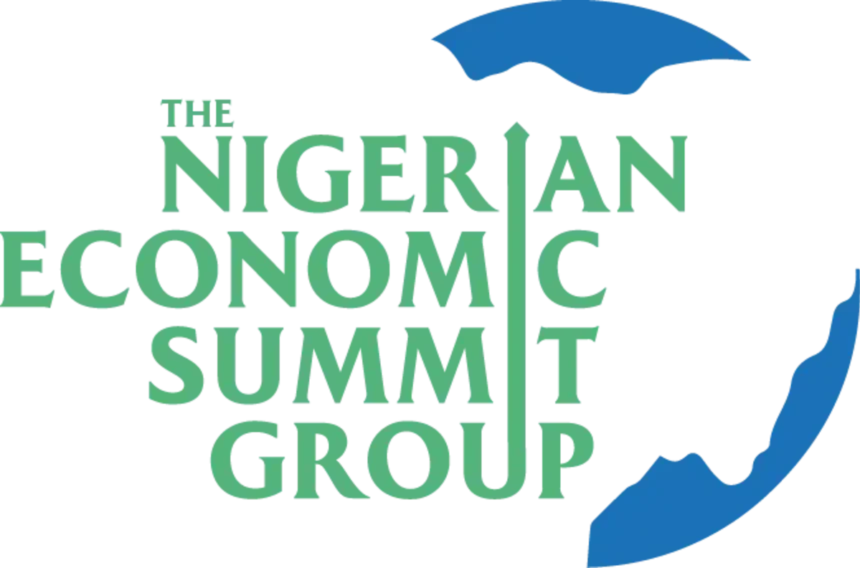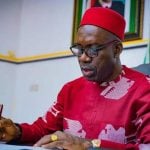The Nigerian Economic Summit Group (NESG), in collaboration with the Federal Ministry of Budget and Economic Planning, on Thursday, held a high-level Pre-Summit Dialogue on “Driving State-led Reforms for MSME Growth.”
The virtual dialogue, which brought together government officials, private sector leaders, and development experts, focused on how states can catalyze reforms to unlock the full potential of Micro, Small and Medium Enterprises (MSMEs)—the backbone of Nigeria’s economy.
In his keynote address, Dr. Bunmi Kole-Dawodu, Director of SMEDAN Lagos, described MSMEs as not only the “backbone” but also the engine and oil of Nigeria’s economic growth, contributing nearly 50 percent of GDP and over 80 percent of jobs.
He explained that Nigeria’s MSME governance framework is coordinated nationally by the Vice President through the National Council on MSMEs, with state councils chaired by governors.
Citing Lagos as an example of a vibrant council, he called for coordinated reforms across all levels of government to maximize MSME impact.
The panel session, moderated by Dr. Weyinmi Eribo, NESG’s Thematic Lead on Access to Markets, spotlighted best practices from Lagos, Enugu, and Plateau States.
Panelists agreed that financing alone cannot sustain MSMEs without complementary reforms such as data-driven policymaking, business formalization, and improved market access.
Lagos State Employment Trust Fund (LSETF) Executive Secretary, Ms. Feyisayo Ayanlade, highlighted Lagos’ affordable financing model, offering loans at 9% annual interest with a 92% repayment rate, backed by financial literacy, business training, and insurance support.
Enugu SME Center DG, Mr. Arinze Chilo Offiah, emphasized the role of reliable data in building trust and driving targeted interventions, while Plateau State Microfinance Development Agency (PLASMIDA) DG, Hon. Bomkam Ali Wuyep, noted that MSMEs remain the most effective tool for job creation in states with limited formal employment opportunities.
Dr. Tunde Ayeye, GMD of Init Facilities Services, urged policymakers to measure economic progress using people-centered indicators such as jobs, healthcare, and poverty reduction, rather than abstract macroeconomic numbers.
He stressed the need for structural reforms that directly improve livelihoods.
Key takeaways from the dialogue outlined four priority reform areas for states: expanding access to affordable finance, building reliable data systems, reducing regulatory bottlenecks, and strengthening local value chains through skills, digital adoption, and market access.
The dialogue serves as a build-up to the 31st Nigerian Economic Summit (NES #31), themed “The Reform Imperative: Building a Prosperous and Inclusive Nigeria by 2030,” which will hold later this year.
NES #31 is expected to deepen national conversations on bold reforms, strategic investments, and collaborative action required to position MSMEs as drivers of inclusive growth and long-term prosperity.
ALSO READ TOP STORIES FROM NIGERIAN TRIBUNE
WATCH TOP VIDEOS FROM NIGERIAN TRIBUNE TV
- Let’s Talk About SELF-AWARENESS
- Is Your Confidence Mistaken for Pride? Let’s talk about it
- Is Etiquette About Perfection…Or Just Not Being Rude?
- Top Psychologist Reveal 3 Signs You’re Struggling With Imposter Syndrome
- Do You Pick Up Work-Related Calls at Midnight or Never? Let’s Talk About Boundaries







